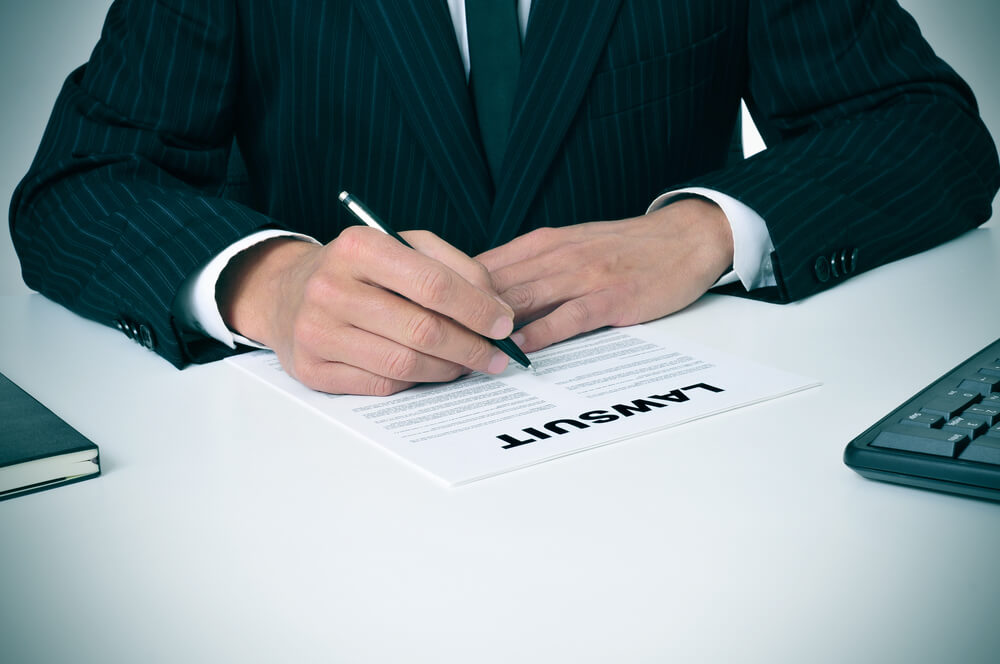Welcome to sunny Florida, a haven for those seeking to escape the cold winters. As a snowbird in Florida, you'll join thousands who make this journey annually.
Searching for a Place
Are you thinking about finding a place to rent in Florida? If so, you're in for an exciting journey! Florida is a great state with lots of different places to live. You might dream of a house near the beach where you can hear the waves, or maybe you like living in a busy city with many things to do. First, think about what part of Florida you like best. Do you want to wake up and see the ocean? Places like Miami or Daytona Beach can be perfect for you. Or you like cities with many fun activities and exciting things to see. If that's the case, cities like Orlando or Tampa might be what you're looking for. Every place in Florida has unique things that make it a great place to live. You can use websites like Airbnb or VRBO to start looking for your new home. They have lots of choices, from small apartments to big houses. These websites make it easy to find what you're looking for. You can pick where you want to live, what kind of place you need, and how much you want to spend. Local real estate agents can also help you a lot. They know all about the places to rent in Florida and can help you find a great place that feels like home. Remember, finding the right rental in Florida is more than just picking a place to live. It's about finding a spot that makes your time in Florida special. Whether staying for a little while or planning to stay longer, the right place is there for you. With good searching and the right help, you'll find the perfect rental for your Florida adventure.Schedule a Free Initial Consultation
Understanding Your Rental Agreement
When you find a place to rent in Florida, one of the most important things you'll do is look at the rental agreement. This paper explains all the rules and details about your rental. It's important to read and understand this agreement before signing it. The rental agreement will tell you how much you must pay each month and when it's due. It will also talk about the security deposit. This is money you pay at the beginning to cover any damage to the place while you live there. The agreement should say how much the deposit is and what you must do to get it back when you move out. Another vital part of the agreement is the rules for the property. These rules can include things like whether or not you can have pets, how many people can live with you, and if you can make changes to the place, like painting the walls. Knowing these rules is good so you don't accidentally break them. The agreement will also say how long you can stay in the rental. Some rentals are for a few months, while others might be for a whole year or more. Make sure the length of time is right for you. If you must leave before the time is up, the agreement should say what happens. Sometimes, you might have to pay extra if you leave early. If there's anything in the agreement that you need help understanding, it's very important to find a lawyer and ask questions. You can also ask the landlord or the person you're renting from. They can explain everything to you. You can talk to a lawyer about something that still needs to be corrected. Remember, the rental agreement protects both you and the landlord. It's like a promise you both make to follow the rules and respect each other. By understanding your rental agreement, you ensure there are no surprises later. It's a big step in making your rental feel like a real home in Florida.Using Your Own Car
Bringing your car to Florida for a short stay? Here's what you need to know. If your stay in Florida is less than six months and you're not moving here permanently, you won't need to register your vehicle in Florida right away. Questions like “Can a snowbird register a car in Florida?” often come up. Yes, depending on your situation, registration might be required even if you’re not a full-time resident. If you become employed, place your children in school, or establish residency in Florida, you must register your vehicle within 30 days. You must also ensure your car insurance meets Florida's requirements.This is also a good time to learn about Florida residency requirements for snowbirds, especially if you're planning to stay several months or return annually.
In Florida, every driver must have at least $10,000 in personal injury protection (PIP) and property damage liability Insurance. This rule applies to all motorized vehicles except for trailers and motorcycles. For trucks with a gross vehicle weight of 26,001 pounds or more, a Certificate of Liability insurance is mandatory. So, if you're planning a short stay in Florida with your car, ensure your insurance coverage is current and meets these requirements. This way, you can enjoy your time in Florida without worrying about car registration and insurance issues. It's always better to be safe and informed, especially regarding legal matters like vehicle registration and insurance.Renting a Car
One big advantage of renting a car in Florida is that the rental company takes care of the car's registration. This means you don't have to worry about any paperwork for registering a vehicle. The company handles everything, making things much easier for you. When you do a snowbird car rental, one of your primary responsibilities is understanding the insurance coverage that comes with the rental. The rental company usually offers different types of insurance when you pick up the car. This part is important because you want to ensure you're covered if anything happens while driving. In Florida, the insurance you get with your rental car should meet the state's standards. This usually includes coverage for damage to the car and liability insurance, which covers you if you're responsible for an accident that hurts someone else or damages their property. The rental company might offer additional options like personal accident insurance or personal effects coverage, which protects your belongings in the car. Before you sign the rental agreement, take the time to read through the insurance details. Ask the rental staff if you need clarification on something. They can explain what each type of insurance covers and help you decide what you need. Ask, don’t guess, and possibly find out later that you weren't as covered as you thought. Also, if you already have car insurance, check with your insurance company before renting a car. Some insurance policies already cover rentals, so you might not need extra insurance from the rental company. Knowing you're covered can save you money and give you peace of mind. Renting a car in Florida should be a stress-free experience. By understanding the rental process and ensuring you have the right insurance, you can enjoy your time in Florida, whether you're here for a vacation, business, or any other reason. Just remember, when renting a car, being informed and asking questions is the key to a smooth and enjoyable experience.Adapting to Florida's Driving Laws
Adapting to Florida's driving laws is an important part of ensuring your safety and the safety of others on the road. Understanding and respecting these laws can make your driving experience in Florida more enjoyable and trouble-free. One unique law in Florida is the Move Over law. This law requires drivers to move over a lane when passing emergency vehicles, tow trucks, or utility service vehicles stopped on the roadside with flashing lights. If you can't move over safely, you must slow down to a speed that is 20 mph less than the posted speed limit. This law aims to protect the safety of public service and emergency workers. Speed limits in Florida may also differ from those in your home state. Generally, speed limits on Florida highways are between 55 and 70 miles per hour, but these can vary depending on the area. Urban areas typically have lower speed limits and specific speed limits for school and construction zones. It's important to pay attention to speed limit signs and adjust your speed accordingly. Seat belt use is mandatory in Florida. All front-seat occupants must buckle up, and passengers under 18 must use seat belts or child restraints, regardless of where they are seated. This law is strictly enforced and is vital for your safety. Knowing how to navigate in heavy rain or during a hurricane warning is important for those unfamiliar with driving during tropical weather conditions. Reduce your speed, increase following distance, and use your headlights in heavy rain. If a hurricane warning is issued, avoid driving unless necessary, and always follow evacuation and safety instructions. Lastly, be aware of Florida's DUI laws. Driving under the influence of alcohol or drugs is a serious offense and carries severe penalties. Florida has a legal blood alcohol limit of 0.08 percent, but impairment can occur with lower levels, so it's best to avoid driving after consuming any amount of alcohol. By familiarizing yourself with these laws and adapting your driving habits, you can ensure a safe and legal driving experience in Florida. Remember, staying informed about local driving laws helps you avoid fines and penalties and contributes to the overall safety of the roads.In Case of Injury
If you or someone with you suffers injuries while in Florida, knowing what to do is important. Local urgent care centers are a good choice for minor injuries, like a small cut or a twisted ankle. These centers are usually easy to find and don't require an appointment. They can handle minor injuries and illnesses, and you can often get in and out quickly. For more severe injuries, like if someone falls and hits their head or has trouble breathing, you should go to a hospital. Hospitals have emergency rooms where doctors and nurses can handle more severe problems. They have the equipment and staff to deal with big injuries and can offer the best care. No matter what, if someone is hurt, getting medical help right away is the most important thing. Even if an injury seems small, it's better to be safe and get it checked out.Legal Considerations
When someone gets hurt, there are often legal things to think about. The laws about injuries and who is responsible in Florida can be complicated. If you or someone with you gets hurt because of what someone else did, you should talk to a lawyer. For example, if you slip and fall in a store because the floor is wet and there is no sign, the store might be responsible. Or if you're in a car accident and it's the other driver's fault, you might need to know what to do next. A lawyer can explain your rights. They can talk to you about what happened and advise you on what to do. They can talk to insurance companies and ensure you receive fair treatment.Contact a Florida Personal Injury Lawyer


